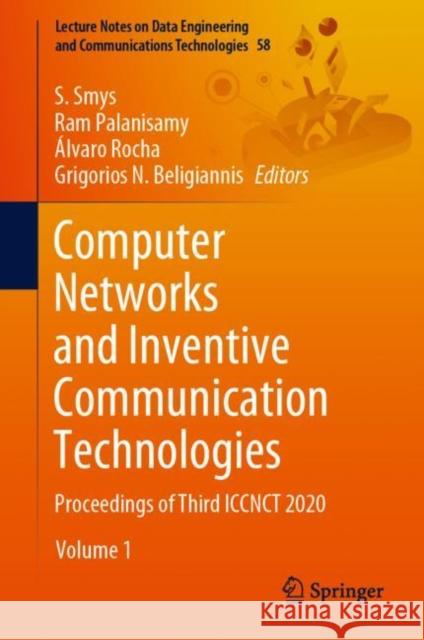Computer Networks and Inventive Communication Technologies: Proceedings of Third Iccnct 2020 » książka
topmenu
Computer Networks and Inventive Communication Technologies: Proceedings of Third Iccnct 2020
ISBN-13: 9789811596469 / Angielski / Twarda / 2021 / 1236 str.
Kategorie:
Kategorie BISAC:
Wydawca:
Springer
Seria wydawnicza:
Język:
Angielski
ISBN-13:
9789811596469
Rok wydania:
2021
Wydanie:
2021
Numer serii:
000804827
Ilość stron:
1236
Waga:
2.12 kg
Wymiary:
23.88 x 19.81 x 7.37
Oprawa:
Twarda
Wolumenów:
02











